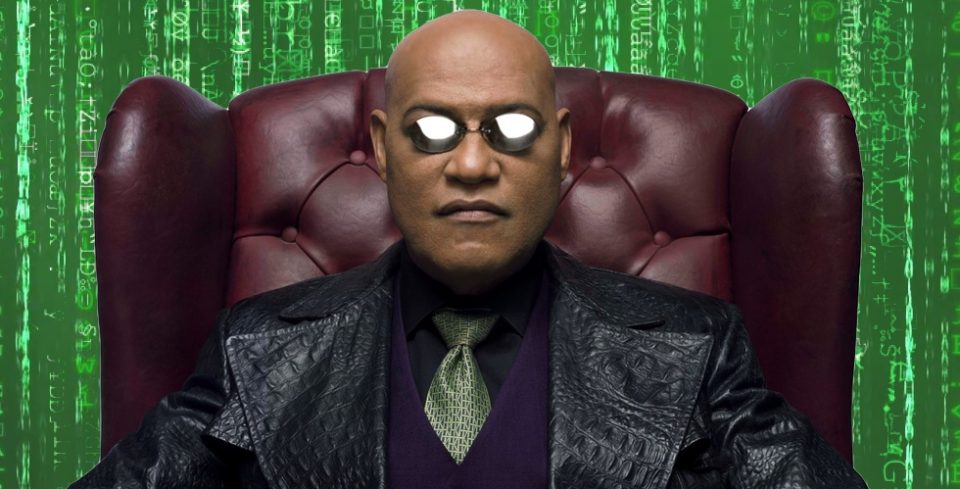
It is often suggested that governments exist to fight poverty, deal with crime, and deter foreign enemies. So holy is this dogma that to question it is perceived as utterly incredible. But it is precisely at this juncture that one realizes what gives any government value: the problems it is meant to address. If there is no demand, there is no need for a supply. To sell a supply, a consistent demand has to established.
This is why governments cannot remain peaceful and prosperous long-term, for then their necessity would be questioned. (Is it really necessary to tax everyone so much if we’re not at war?) Poverty, crime, and foreign enemies are problems too lucrative to let go. Two very different 20th century thinkers, Murray Rothbard and Michel Foucault, observed this tension in different spheres of society.
Rothbard noted how important war is to the legitimacy of the state:
War is the great excuse for mobilizing all the energies and resources of the nation, in the name of patriotic rhetoric, under the aegis and dictation of the State apparatus. It is in war that the State really comes into its own: swelling in power, in number, in pride, in absolute dominion over the economy and the society. Society becomes a herd, seeking to kill its alleged enemies, rooting out and suppressing all dissent from the official war effort, happily. (For a New Liberty, 347)
Who is going to protect you from the crazy Muslim terrorists? From Russian nukes? From all other perceived foreign enemies? Answer: the government.
And the government, we should add, is largely run by crony capitalists. So the demand for violence is very real in connection to a private supply.
The aircraft companies that suddenly profited so greatly during WWII, for example, became permanent, highly successful feeders at the government’s trough, where some of them are feasting lavishly even now, the post-2001 military buildup having proved a godsend and boon to their stockholders…The last thing these vultures want, of course, is an abatement of the perceived terrorist threat, and we can count on them to hype any signs of an increase in such threats and, of course, to crowd the trough, happily slurping the taxpayer’s money. (Higgs, Delusions of Power, 64-65)
Foucault, the controversial French historian, observed the same dynamics at play with regard to the police state:
“At the end of the eighteenth century, people dreamed of a society without crime. And then the dream evaporated. Crime was too useful for them to dream of anything as crazy—or ultimately as dangerous—as a society without crime. No crime means no police. What makes the presence and control of the police tolerable for the population, if not fear of the criminal? This institution of the police, which is so recent and so oppressive, is only justified by that fear. If we accept the presence in our midst of these uniformed men, who have the exclusive right to carry arms, who demand our papers, who come and prowl on our doorsteps, how would any of this be possible if there were no criminals? And if there weren’t articles everyday in the newspapers telling us how numerous and dangerous our criminals are?” (Power/Knowledge, 47)
All of this is reason to at least pause before rallying round the rifles of one government army or the next—especially in response to a ‘threat’ of ‘national security.’ You just might find yourself being played by a very old game and by a powerful class just looking to make a buck.

), //libertarianchristians.com/wp-content/plugins/smartquizbuilder/includes/images/template6-latest.jpeg))

), https://libertarianchristians.com/wp-content/plugins/smartquizbuilder/includes/images/template6-latest.jpeg))


;?>/smartquizbuilder/includes/images/sqb-registration-img.jpg)

